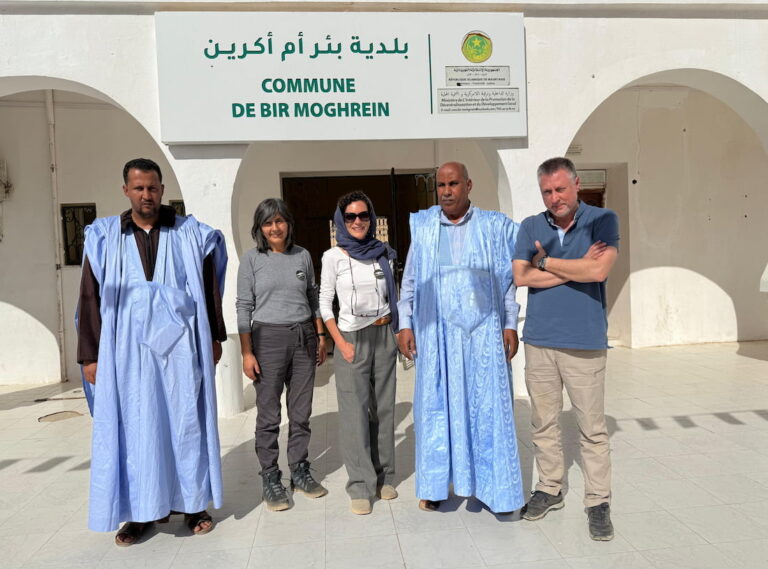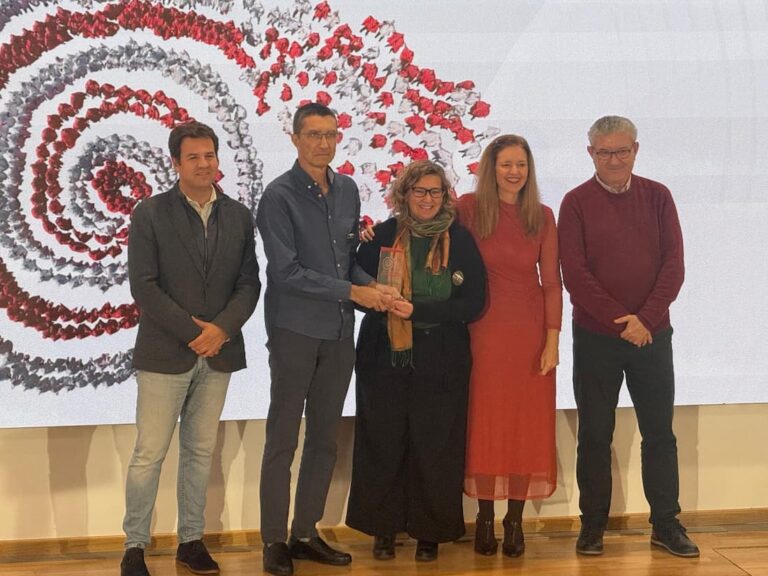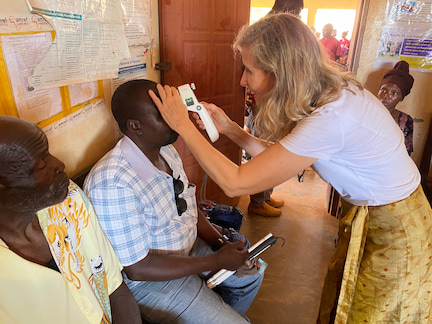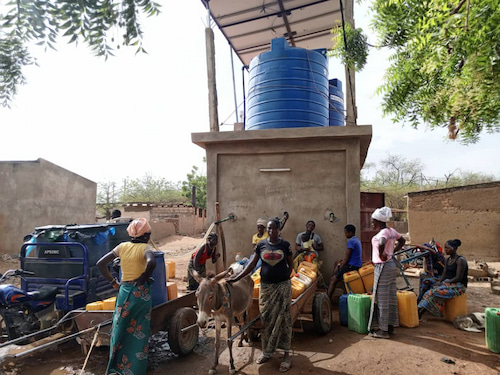Sub-Saharan Africa leads the world in cervical cancer incidence and mortality rates, according to a new report by the Recover Foundation. The document, entitled "Cervical cancer and Recover Foundation's role in its prevention and treatment in Cameroon", outlines the causes, impact and efforts needed to combat this disease in the region.
Cervical cancer, mainly linked to human papillomavirus (HPV), affects one in five women in Africatwice the global average. Women with HIV are especially vulnerable, with a six times higher risk of developing this type of cancer. This is compounded by limited access to health services, resulting in 90% of deaths occurring in resource-poor countries.
Since 2014, Fundación Recover has promoted various initiatives for cervical cancer screening and treatmentwith a special focus on Cameroon. Throughout these years, the Foundation has developed awareness-raising and education campaigns that have made it possible to informing thousands of women on the importance of early detection, helping to reduce barriers to early diagnosis.
In 2017, screening and treatment campaigns started, offering free smear tests and aid for biopsies and surgical procedures. These initiatives have significantly improved access to essential medical services for vulnerable women, making a direct and positive impact on their lives.
In 2018, Fundación Recover organised its first synchronised campaign in several health centres local women, an action that benefited more than 1,200 women. During this campaign, the importance of regular gynaecological check-ups was highlighted and awareness of the prevention of this disease was reinforced.
In addition, the training of healthcare personnel has been an essential pillar of its work. Through seminars and workshops, the Foundation has trained professionals in the detection and management of cervical cancer, strengthening the capacities of the local health system and ensuring a lasting impact.
For the full report, you can download it here

















